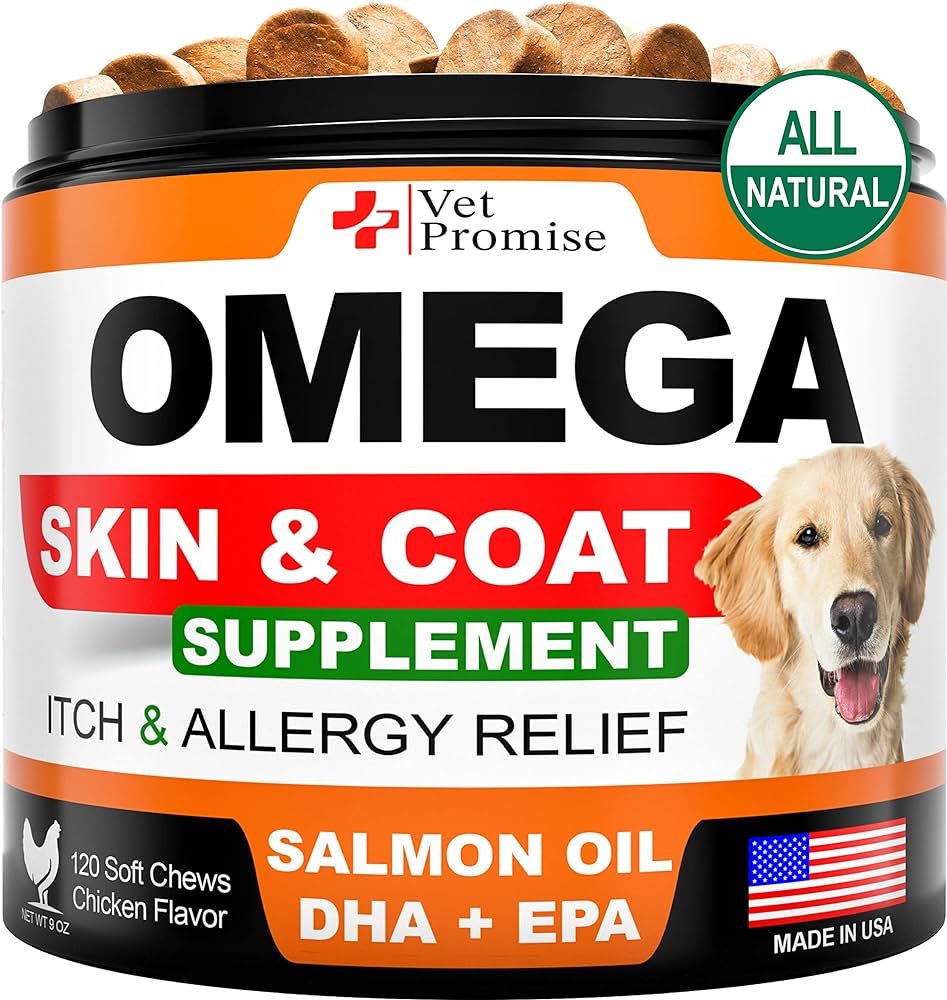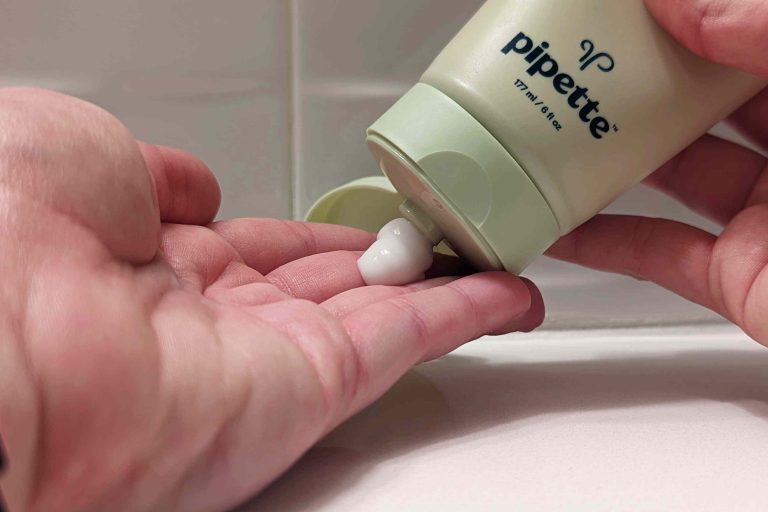9 Best Diarrhea Medicines for Dogs: Top Treatments and Natural Remedies
When your furry friend isn’t feeling well, it’s tough to watch them suffer. Diarrhea in dogs can be particularly distressing, not just for your pet but for you as well. It’s crucial to address this issue promptly to ensure your dog’s health and comfort.
In this article, you’ll discover the 9 best diarrhea medicines for dogs that can help alleviate their symptoms quickly and effectively. We’ll guide you through the top options, so you can make an informed decision and get your pup back to their playful self in no time.
Signs Your Dog Might Need Diarrhea Medicine
Knowing when your dog needs diarrhea medicine can help you take swift action to keep them healthy and comfortable.
Loose or Watery Stools
You might notice your dog’s stools are looser or more watery than usual. This change in consistency often indicates digestive upset. Pay attention if this persists for more than a day.
Increased Frequency in Defecation
If your dog is defecating more frequently, it’s a clear sign something is wrong. Healthy dogs typically poop 1-2 times a day. More frequent bowel movements can indicate irritation or infection.
Changes in Color and Odor
Observe any unusual changes in the color and odor of your dog’s stools. Stool that is very dark, bloody, or unusually foul-smelling can signal the need for medicine. Don’t ignore these signs, as they can point to more serious issues.
By identifying these symptoms early, you can provide timely care and prevent further complications for your furry friend.
Choosing the Right Diarrhea Medicine for Dogs
Selecting the best diarrhea medicine for your dog requires careful consideration. Different factors impact the effectiveness and safety of the medicine you choose.
Factors to Consider
Identify the underlying cause. Diarrhea can be caused by dietary changes, infections, or even stress. By pinpointing the reason, you can choose the most effective treatment.
Consider your dog’s size and weight. Dosages vary, so you’ll need a medicine suitable for your dog’s specific measurements to ensure it works properly.
Evaluate the medicine’s form. Options include tablets, liquids, and chewables. Select an option that’s easy to administer to your dog. For instance, if your dog dislikes pills, a liquid form may be preferable.
Safety and Efficacy
Look for vet-approved products. Medications recommended or approved by veterinarians are more likely to be safe and effective.
Check the active ingredients. Some common ingredients include kaolin, pectin, and bismuth subsalicylate. Each works differently, so it’s good to know how they help alleviate your dog’s symptoms.
Monitor for side effects. Even safe medicines can cause reactions. Watch for any adverse effects like vomiting or lethargy and consult your vet if these occur.
Always follow the dosage instructions. Proper dosing is crucial for effectiveness and safety, minimizing the risk of overdosing or underdosing your pet.
With these points in mind, you’ll be better equipped to choose the right diarrhea medicine for your dog.
Over-the-Counter Solutions
When your dog has diarrhea, over-the-counter solutions might provide quick relief. Here are some effective options to consider.
Loperamide (Imodium)
Loperamide, commonly known as Imodium, helps reduce diarrhea by slowing down the movement of the intestines. It’s frequently recommended for dogs to alleviate symptoms of frequent bowel movements. Administer 0.1 mg per pound of your dog’s body weight, but it’s crucial to consult your vet first to ensure it’s suitable. Loperamide is particularly helpful for short-term relief and can quickly improve your dog’s condition.
Bismuth Subsalicylate (Pepto-Bismol)
Bismuth Subsalicylate, often sold as Pepto-Bismol, coats the stomach lining and intestines, providing a soothing effect and reducing inflammation. It also helps firm up stools. The standard dosage is 1 teaspoon per 10 pounds of your dog’s weight every 6 to 8 hours, but get your vet’s approval before using it. Bismuth Subsalicylate works well for dogs with upset stomachs and mild diarrhea.
Prescription Medications
If over-the-counter options aren’t effective or your dog’s condition is more severe, your vet might prescribe specific medications to tackle the issue. Here’s a look at two commonly prescribed drugs for dog diarrhea.
Metronidazole
Metronidazole is a powerful antibiotic often prescribed for canine diarrhea caused by bacterial infections. It works by inhibiting nucleic acid synthesis, effectively stopping the growth of bacteria and protozoa in your dog’s gut. Your vet might recommend Metronidazole for severe cases of diarrhea, especially if it’s accompanied by vomiting or lethargy.
Tylosin
Tylosin is another antibiotic favored for treating chronic diarrhea in dogs, especially when linked to inflammatory bowel disease. It targets certain bacteria in the intestines, reducing inflammation and easing symptoms. Your vet might suggest Tylosin if your dog experiences recurring diarrhea not resolved by other medications.
Probiotics as a Supportive Treatment
Probiotics can be a powerful addition to your dog’s diarrhea treatment plan. These beneficial bacteria support gut health and help restore balance in your dog’s digestive system.
Benefits of Probiotics
Restore gut flora by introducing good bacteria that aid digestion and nutrient absorption. Probiotics can reduce the duration and severity of diarrhea episodes. Boost your dog’s immune system, as a healthy gut leads to better overall health. Decrease inflammation in the GI tract, offering relief from discomfort and helping to prevent future issues. Improve stool consistency, gradually making bowel movements more regular.
Recommended Probiotic Brands
Choose brands like FortiFlora from Purina, known for its high levels of beneficial bacteria and ease of administration. Opt for VetriScience’s Vetri Mega Probiotic, which provides a potent blend of probiotics and prebiotics to support your dog’s digestive health. Consider NaturVet Advanced Probiotics & Enzymes, which combines probiotics with digestive enzymes for comprehensive gut support. Look into Zesty Paws Probiotic Bites, offering a tasty, easy-to-administer option designed specifically for dogs. Consult your vet for the best probiotic recommendation tailored to your dog’s specific needs.
Natural Remedies
Natural remedies can often alleviate your dog’s diarrhea without needing pharmaceuticals. These approaches are gentle and can support overall digestive health.
Pumpkin
Pumpkin provides natural fiber and can help firm your dog’s stool. It’s rich in vitamins A and C, which support gastrointestinal health. Use plain, unsweetened pumpkin puree, and give small amounts, typically 1-4 tablespoons depending on your dog’s size. Consult your vet to confirm the appropriate quantity.
Fasting and Diet Management
Fasting gives your dog’s digestive system a break. Skipping a meal or not feeding for 12-24 hours can help reset their stomach. Ensure your dog stays hydrated during this period.
Diet management after fasting is crucial. Start with a bland diet, like boiled chicken and rice, to ease your dog’s transition back to regular food. Gradually reintroduce their normal diet while monitoring for signs of improvement. Always discuss dietary changes with your vet to ensure they meet your dog’s nutritional needs.
When to See a Vet
When to See a Vet
Recognizing when your dog’s diarrhea warrants a vet visit is crucial for your pet’s health and well-being.
Symptoms That Require Professional Attention
Persistent Diarrhea: If your dog’s diarrhea lasts more than 48 hours, it’s time to see a vet. Continued diarrhea can lead to dehydration and other serious issues.
Lethargy: Unusual tiredness or lack of energy might signal an underlying problem that needs professional evaluation.
Vomiting: When diarrhea is accompanied by vomiting, it indicates that your dog’s digestive system is severely upset.
Fever: A fever in a dog can signal an infection or other serious health issues.
Blood in Stool: Blood in the stool is a red flag that should never be ignored.
Loss of Appetite: If your dog shows no interest in food for more than a day, consult your vet.
Importance of Timely Veterinary Care
Prevention of Dehydration: Persistent diarrhea can quickly lead to dehydration, which is dangerous and requires prompt treatment.
Identification of Underlying Causes: Immediate veterinary attention can help identify the root cause, such as infections or parasitic infestations.
Proper Treatment: A vet can prescribe the correct medication or suggest appropriate dietary changes to alleviate the symptoms.
Avoidance of Complications: Early intervention can prevent additional complications such as severe dehydration or nutritional deficiencies.
Conclusion
Choosing the right diarrhea medicine for your dog is crucial for their health and comfort. Always consult your vet before making any adjustments to your dog’s treatment plan. Recognizing symptoms that need professional attention helps ensure your dog gets the care they need promptly. By being proactive and informed, you can effectively manage your dog’s diarrhea and keep them healthy and happy.






